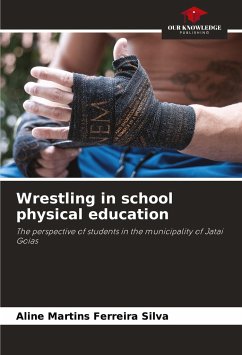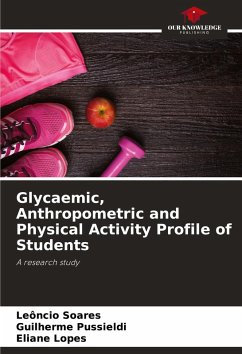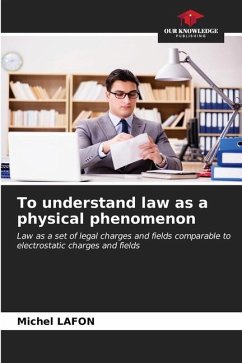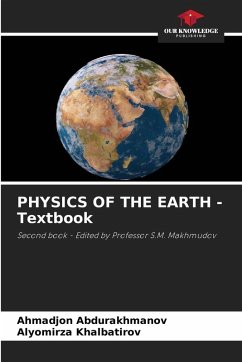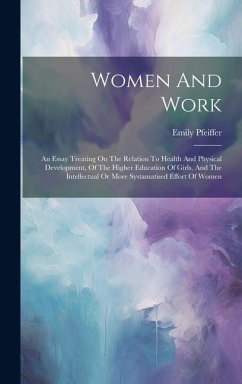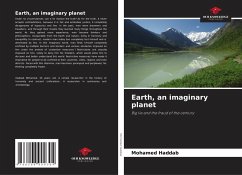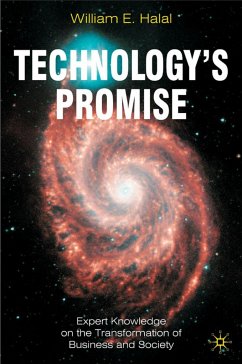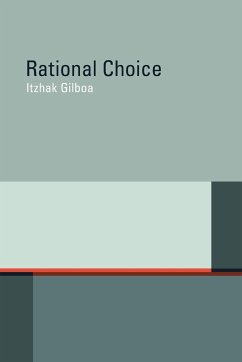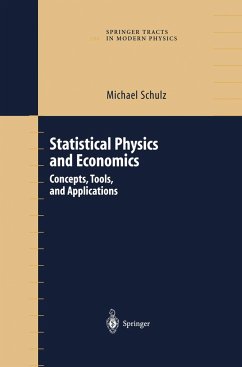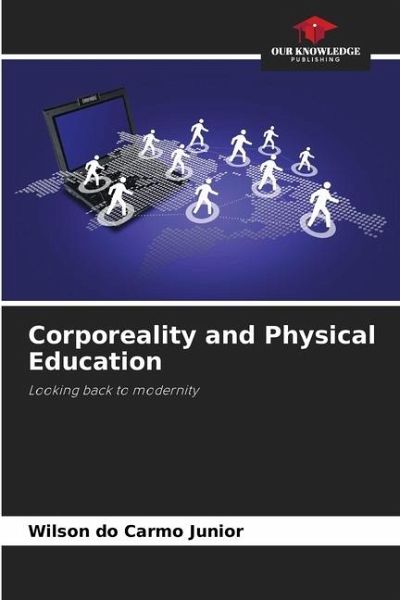
Corporeality and Physical Education
Looking back to modernity
Versandkostenfrei!
Versandfertig in 6-10 Tagen
41,99 €
inkl. MwSt.

PAYBACK Punkte
21 °P sammeln!
We say cultural formation because we realise that culture is the human indicator of greatest reference to the complex notion of human formation. The issue of the body projected here should reinforce the importance of trying to break with dualism and dichotomy, above all to form a larger set of content and structure of the categories of human motricity, perhaps even of cultural confrontation, to rethink theory-practice relations, subject-object, body-mind, among other conceptions or preconceptions that over the course of human needs have become trivialised or even mistaken. It is common knowled...
We say cultural formation because we realise that culture is the human indicator of greatest reference to the complex notion of human formation. The issue of the body projected here should reinforce the importance of trying to break with dualism and dichotomy, above all to form a larger set of content and structure of the categories of human motricity, perhaps even of cultural confrontation, to rethink theory-practice relations, subject-object, body-mind, among other conceptions or preconceptions that over the course of human needs have become trivialised or even mistaken. It is common knowledge, especially in educational circles, that the world of children in their early years is characterised by motor skills as a form of expression and meaning. Given the differences in educational vision and training, we always see something imprinted on the structure of consciousness coming from an organic whole called the body. To re-educate with "sensomotricity" is to recover the human capacity to communicate through synaesthesia, as a renewed pedagogue would say. The discourse of bodily practices seems to have done a fair amount of damage to the curse of the rationalised human body.



